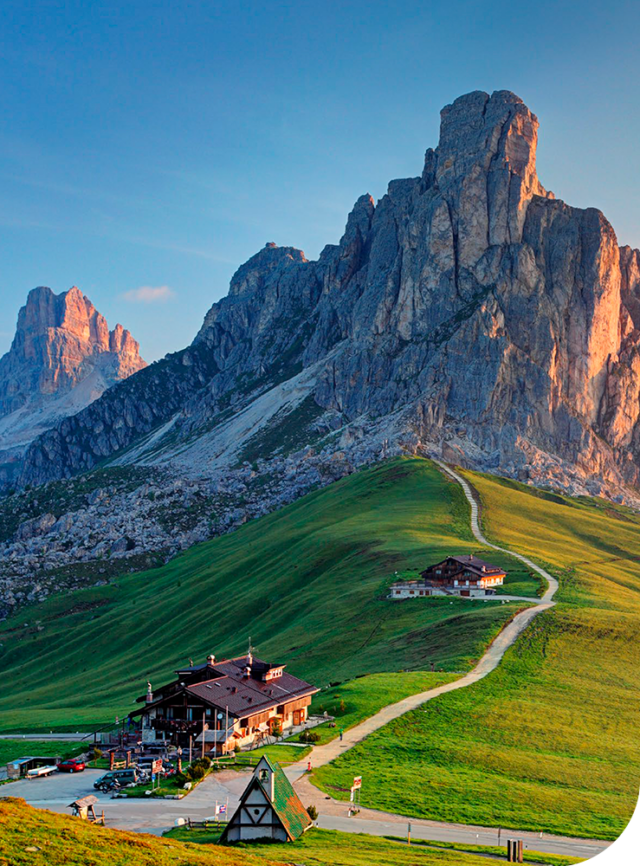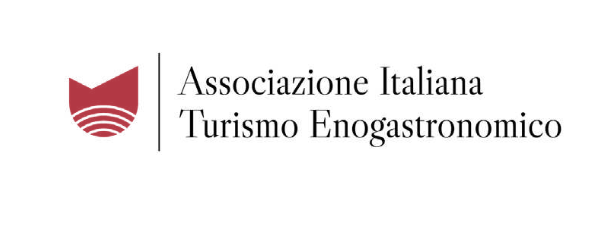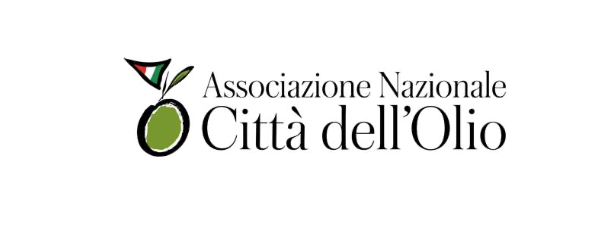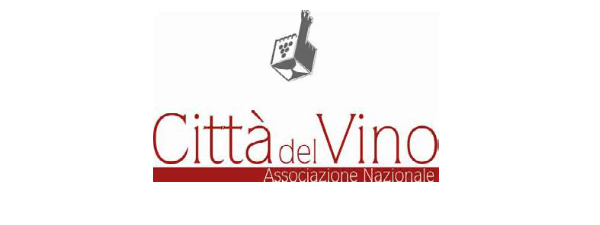

Welcome!
In a world with limited resources, where consumption exceeds what is actually available, adopting a sustainable approach when traveling is no longer a choice, but an imperative.
What you will find in this guide
By reading this guide, you will learn about sustainable practices that you can easily adopt on your next trips to fully appreciate the local gastronomic richness with a reduced impact on the environment, society, and culture.

Before the Trip
When planning a gastronomic trip, reflect on the kind of experience you want to live and the type of tourist you wish to be. Do you prefer a walk through olive terraces or a visit to the historic center of a big city?
Opt for a destination that promotes sustainable practices, ideally one that has received recognized national or European certifications. Check if the destination promotes these values on its website and shares its achievements in sustainability.
Explore the gastronomic richness of your country’s rural areas and small villages, visiting regions you may have never explored. These visits allow you to experience authentic products, meet local producers, and contribute to the sustainability of these regions, generating positive socio-environmental impacts.
Consider planning your trip during less crowded days and times to have a more authentic experience. Traveling during off-peak seasons not only enhances your trip but also supports the well-being of local residents and reduces the pressure on local resources.
Only take a flight if no viable alternatives exist. Instead, choose public transportation, car-sharing, or bike-sharing to reach production sites, events, or the starting point of your food or wine tour.
Avoid day trips that contribute to overcrowding without providing real benefits to local communities. Staying in agritourism accommodations, campsites, or small hotels allows you to delve deeper into the region’s traditions, support the local economy, and contribute to a more responsible and sustainable form of tourism.
Read gastronomic guides that tell the story of the region’s culinary excellence, local products, production methods, and food customs. Informing yourself about local habits and traditions will help you better adapt to and respect the culture of the places you visit.
Turn to a local guide to plan your trip. They will help you discover the region’s gastronomic heritage authentically, respecting local traditions and communities. A local expert can also suggest the best times and less crowded itineraries, even in busy tourist spots.
Many devices continue to consume energy even when not in use if they are left plugged in. For instance, an unused phone charger can consume up to 17.5 kWh per year, equivalent to saving around 10 kg of CO2 annually, contributing to more responsible and sustainable tourism.
During the Trip

While traveling, remember that you are visiting someone else’s “home,” and respectful behavior fosters mutual respect. Learn a few phrases in the local language and engage in food and gastronomic experiences that allow you to interact directly with the local people, helping you connect and share authentic moments from their daily lives.
Prioritize purchasing products, services, and experiences from locally owned businesses to support the microeconomy of the area and the craftsmanship of the host community.
Pay attention to proper waste sorting and recycling. Reduce plastic use as much as possible by opting for reusable items like water bottles and cloth bags instead of single-use products.
According to a recent study by the World Tourism Organization, 5% of global CO2 emissions are generated by tourist mobility. Reduce your ecological footprint by favoring public transport, cycling, or walking (which also benefits personal health). Depending on your destination, consider alternative forms of travel such as horseback riding, canoeing, or sailing.
Set aside time to participate in sustainability initiatives, such as beach clean-up days or tree-planting activities, to actively contribute to preserving the environment.
Opt for local activities that offer typical, seasonal food and drinks. Seek out local EVOO (extra virgin olive oil) and ask for information about the producers. Choose locally sourced mineral water in glass bottles, and prefer tastings and purchases of certified organic or sustainable products. Visit companies with sustainability certifications and ethical practices toward workers and animals, especially those involving the community in agricultural or wine-related activities. Also, prioritize visiting local artisans.
Visit shops and farmers’ markets where you can learn about local products, their characteristics, and receive useful advice on preparation and preservation. Choose to visit local artisans and food and wine establishments that honor tradition.
Avoid wasting food and drinks by ordering only what you truly wish to consume. Respect the food, the labor, and the energy invested in its production. Consider the environmental impact: 100g of wasted beef emits up to 3kg of CO2, equivalent to a car traveling 30 km, and requires approximately 1,500 liters of water.
By reducing your shower time from eight to five minutes, you can save up to 120 liters of water, easing the pressure on water resources. This is crucial for food production, especially in southern Italy, where climate change and drought are severely affecting the agricultural sector.
To reduce emissions and energy consumption, refrain from requesting daily towel and sheet changes. A hotel consumes over 240 kWh of electricity per week to dry and iron bed linens, emitting up to 62.5 kg of CO2.
Lowering the heating or raising the air conditioning by just two degrees can reduce energy consumption by up to 35% annually, helping to decrease CO2 emissions. While hotels equipped with smart technologies can optimize efficiency, a personal contribution can further reduce energy consumption.

After the Trip
Use transportation more responsibly and consciously by favoring public transport, walking, or cycling. Just like during your trip, aim to reuse and recycle as much as possible, starting with small actions like properly separating waste and using cloth bags when shopping.
Choose to purchase local and seasonal products, thereby supporting small producers and fostering the local economy.
Reduce the consumption of foods high in chemical additives, saturated fats, sugars, and salt to avoid dietary imbalances and prevent non-communicable diseases. The rise of ultra-processed food consumption is contributing to what the EAT–Lancet Commission has called a “global syndemic,” a combination of obesity, malnutrition, and ecological crises that threatens both individual health and the planet’s well-being.
Follow the principles of the Mediterranean Diet by eating seasonal fruits and vegetables more frequently. This benefits both your health and the environment. According to the World Health Organization, the high antioxidant and fiber content of this diet is associated with a reduced risk of chronic and cardiovascular diseases.
Pass down family recipes and local culinary traditions to younger generations, enhancing Italian traditional cuisine as cultural heritage. When hosting friends and family, prepare dishes using typical local recipes and introduce them to nearby producers.
Teach younger generations (children, grandchildren, etc.) to eat healthily by following the guidelines of the food pyramid. Take them to visit local farms and encourage schools to do the same. It’s also crucial to ask schools to promote healthy eating habits, avoiding vending machines stocked with ultra-processed foods in favor of fresh, nutritious alternatives.
Share your experience on social networks, especially regarding your satisfaction with the sustainability of the places and accommodations you visited. Constructive feedback helps operators improve their eco-friendly practices.











